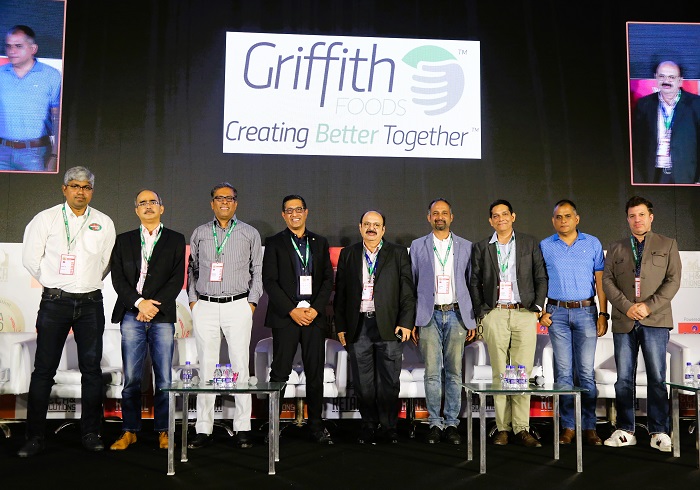Embarking on a path to effect positive global change and envisioning a brighter future by 2030, the HoReCa session in India Food Forum gathered leaders from the food industry with the aim of raising consumer awareness regarding food choices, habits, and the demand for traceability when making purchasing decisions. The panelists emphasized on the pivotal…



